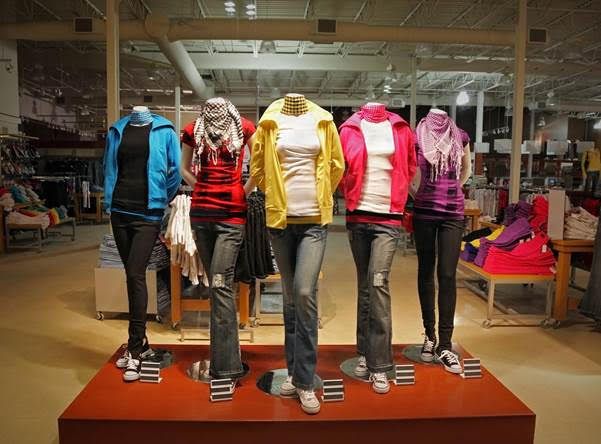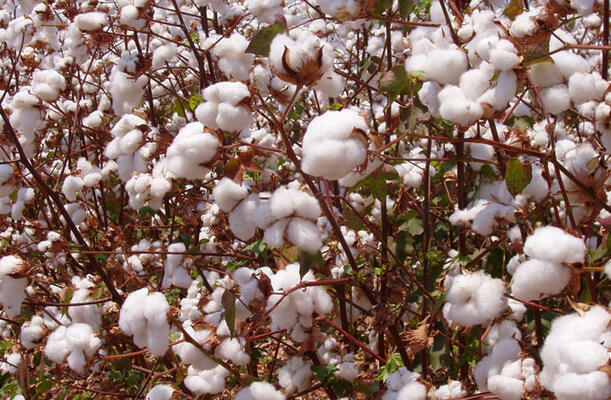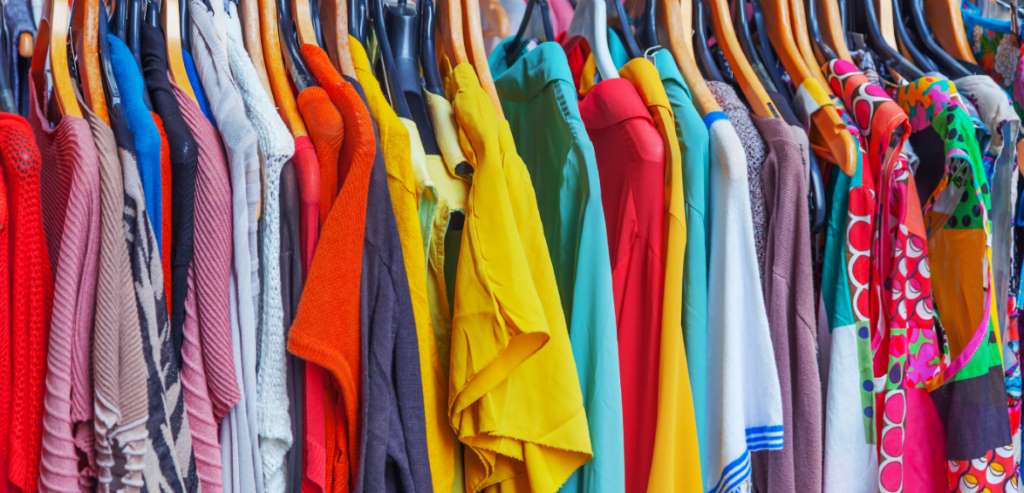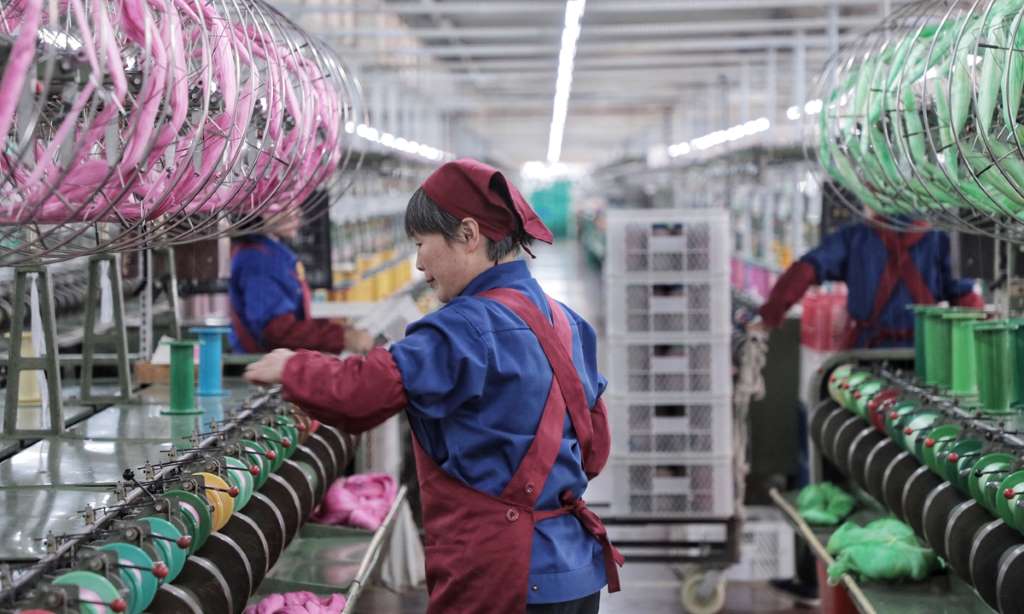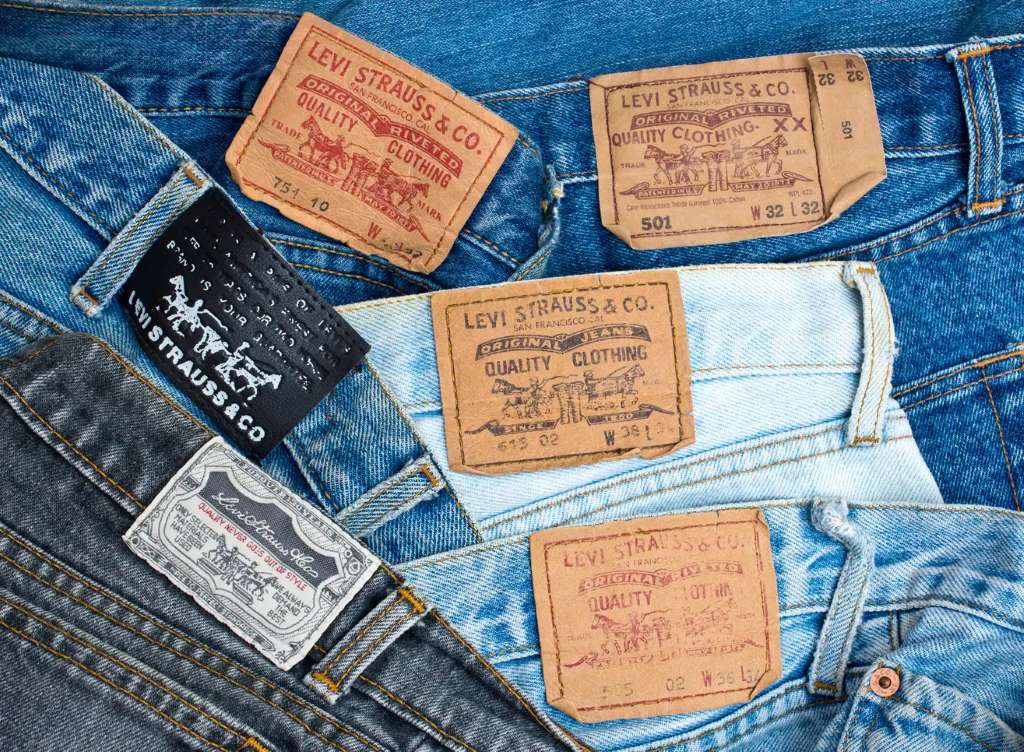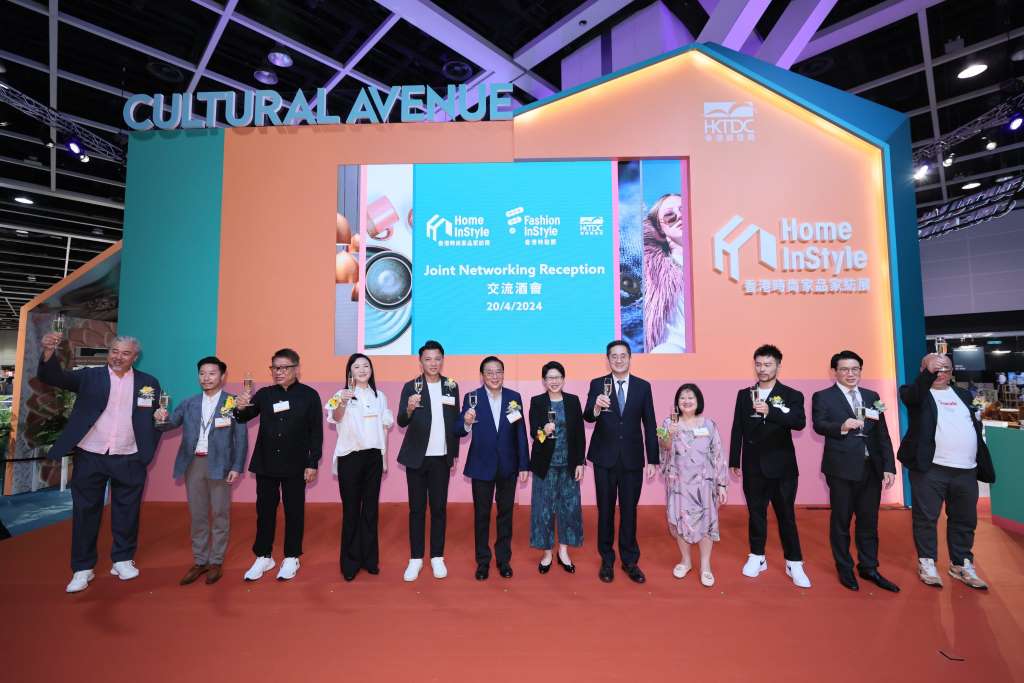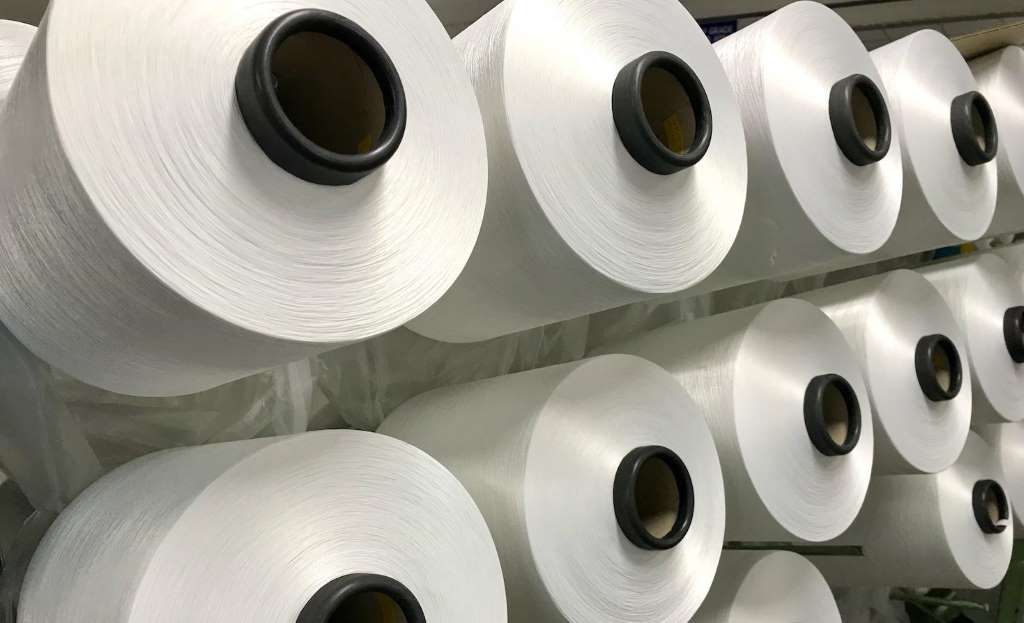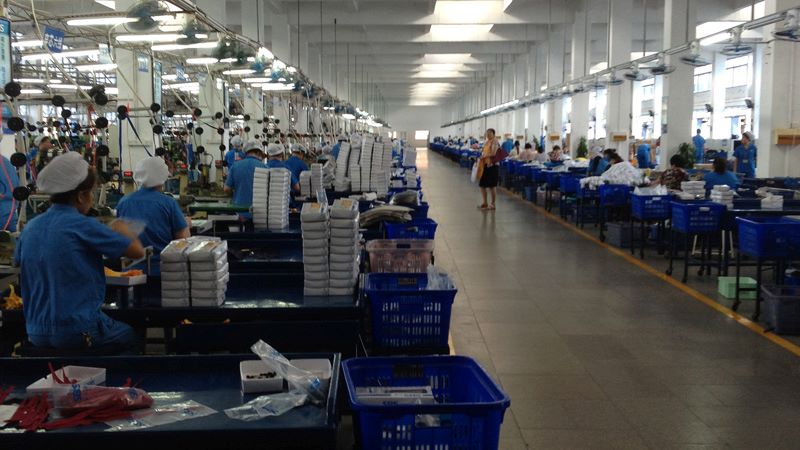 As the textile and fashion sector is expected to drive West Africa’s economic recovery post COVID-19, key players are exploring ways to make the industry more sustainable. As per an Investorsking report, textile and apparel companies are adopting new and sustainable means of production. For instance, UK-based, Africa-focused online fashion retailer Jendaya has decided to shun plastic use and package goods in recyclable cardboards. The company has also decided to cut production to made-to-order clothes only. This will help reduce waste and manage inventory efficiently.
As the textile and fashion sector is expected to drive West Africa’s economic recovery post COVID-19, key players are exploring ways to make the industry more sustainable. As per an Investorsking report, textile and apparel companies are adopting new and sustainable means of production. For instance, UK-based, Africa-focused online fashion retailer Jendaya has decided to shun plastic use and package goods in recyclable cardboards. The company has also decided to cut production to made-to-order clothes only. This will help reduce waste and manage inventory efficiently.
Promoters of made-to-order business models
Other African companies promoting made-to-order models include Nehanda & Co in Zimbabwe, Naked Ape in South Africa, Nkwo in Nigeria and Awa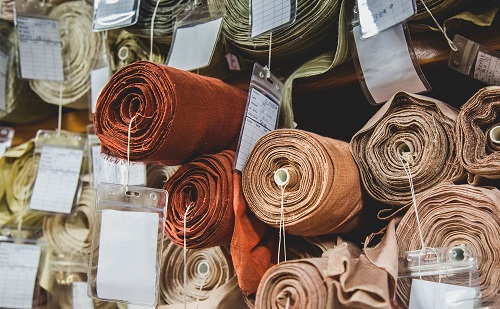 Meite in Mall. The companies are using natural materials in their garments. The model is also being supported on an institutional level by Fashionomics Africa, an initiative developed by the African Development Bank. Promoting the use of renewable materials and recycling clothes, the model aims to develop a sustainable textile value chain across the country.
Meite in Mall. The companies are using natural materials in their garments. The model is also being supported on an institutional level by Fashionomics Africa, an initiative developed by the African Development Bank. Promoting the use of renewable materials and recycling clothes, the model aims to develop a sustainable textile value chain across the country.
Amongst other companies driving sustainable solutions across the West African textiles industry is the India-headquartered Arise. The company is constructing two textiles parks in Togo and Benin that will adhere to all environmental, social and governance (ESG) standards of production.
The textile park in Togo will process 100 per cent sustainably sourced cotton, under Cotton Made in Africa standards besides using 100 per cent renewable electricity, offsetting 20 tons of carbon emissions per day. It will also reuse 90-95 per cent of the water used during processing and comply with independent international certifications when it comes to dyeing and finishing fabrics.
Bhavin Vyas, Chief ESF Officer, Arise affirms, the textile industry in Africa needs to adopt responsible production models and fair labor practices besides ensuring sustainable use of natural resources. This will help the sector to boost economic growth in the region post COVID-19, he adds.
Driving future sustainable growth
In April this year, the government-led coalition, African Circular Economy Alliance, classified the African textiles and fashion industry as one the ‘Five Big Bets’ that could drive sustainable development in the continent in future. The continent mainly produces unprocessed cotton that is shipped to South and East Asia for processing. Every year, West African cotton-producing nations Benin, Burkina-Faso and Mali export 1.8 million tons of unprocessed cotton worth $922 million to these countries. This cotton is then processed and finished cotton textiles and apparels worth $2.4 billion are re-exported to West Africa.
To help West Africa reduce these processing costs, Arise’s textile park in Togo aims to convert 56,000 tons of cotton fibers valued at $73 million into apparels worth $1.5 billion. The project will also enable the company create 20,000 direct and 80,000 indirect job.
On the other hand, the Benin government has imposed a ban on 30 per cent of cotton lint exports by the 2021-end. This will it help boost production of domestic cotton garments. The ban will be further increased to 100 per cent of lint exports by 2023.


